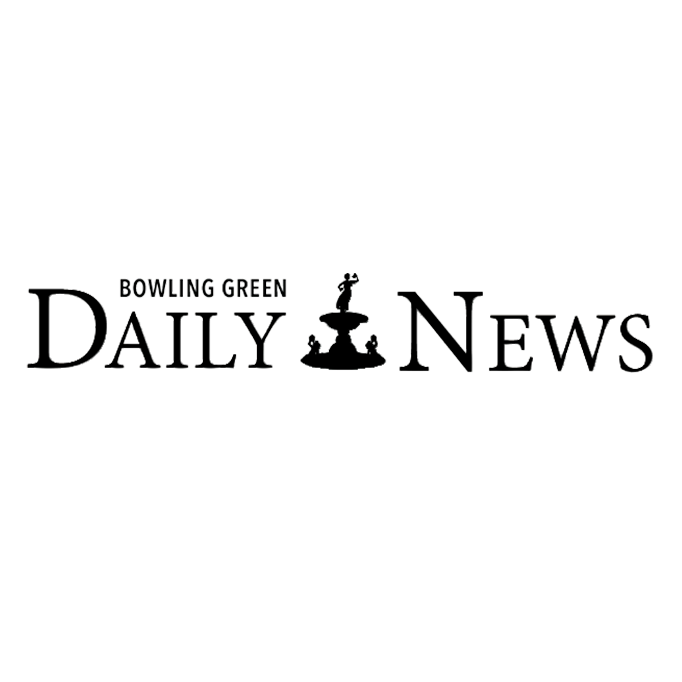This tax season when it’s time to pay, don’t fall for the scams
Published 12:00 am Tuesday, April 11, 2006

- This tax season when it's time to pay, don't fall for the scams
There are two types of tax filers, a Bowling Green accountant told me recently – there are early birds, and there are late birds, who want to procrastinate to the very last minute.
This week is for the late birds.
Trending
As the tax deadline approaches, beware of tax scams promising to reduce or eliminate taxes.
That’s one of many messages the Internal Revenue Service is sending out to taxpayers during this number-crunching time with a list of 2006’s Dirty Dozen Tax Scams.
Phishing is high on this year’s list, with Internet thieves posing to be representatives from the IRS, tricking taxpayers into revealing personal information to steal straight from financial accounts.
Here’s how you know you’ve received a phishing e-mail: The e-mail notifies a taxpayer of an outstanding refund and urges the taxpayer to click on a hyperlink and visit an official-looking Web site. The Web site then asks for a Social Security and credit card number. A different form of this scheme is when an e-mail says you are “under audit” and can fix the situation by giving out certain information.
The IRS doesn’t use e-mail to initiate contact with taxpayers about issues related to their accounts. If you have any doubt, call the IRS at (800) 829-1040 to confirm.
The IRS also continues to see some taxpayers try to argue their way out of owing taxes, but such futile reasoning is usually thrown out of court.
Trending
Some examples of these untrue arguments include that the 16th Amendment giving congressional power to lay and collect income taxes was never ratified, filing a return and paying taxes are merely voluntary, and that wages are not income. Don’t believe these claims.
“When it comes to taxes, everyone has to pay their fair share,” IRS Commissioner Mark Everson wrote in a statement to taxpayers on the IRS’ Web site. “I urge taxpayers not to be taken in by hucksters who promise to lower or eliminate taxes. Getting caught up in the Dirty Dozen or similar schemes can lead to big headaches.”
Suspected tax fraud can be reported to the IRS using IRS Form 3949-A, Information Referral.
Form 3949-A is available for download from the IRS Web site at IRS.gov, or through the U.S. mail by calling (800) 829-3676.
Address the completed form or a letter detailing claims of fraudulent activity to the Internal Revenue Service, Fresno, CA 93888 and include specific information about the activity in question. You may also be entitled to a reward.
Business reporter Ameerah Cetawayo doesn’t like to miss a story – let her know the latest business events and trends by e-mailing her at acetawayo@ bgdailynews.com or calling 783-3246.







